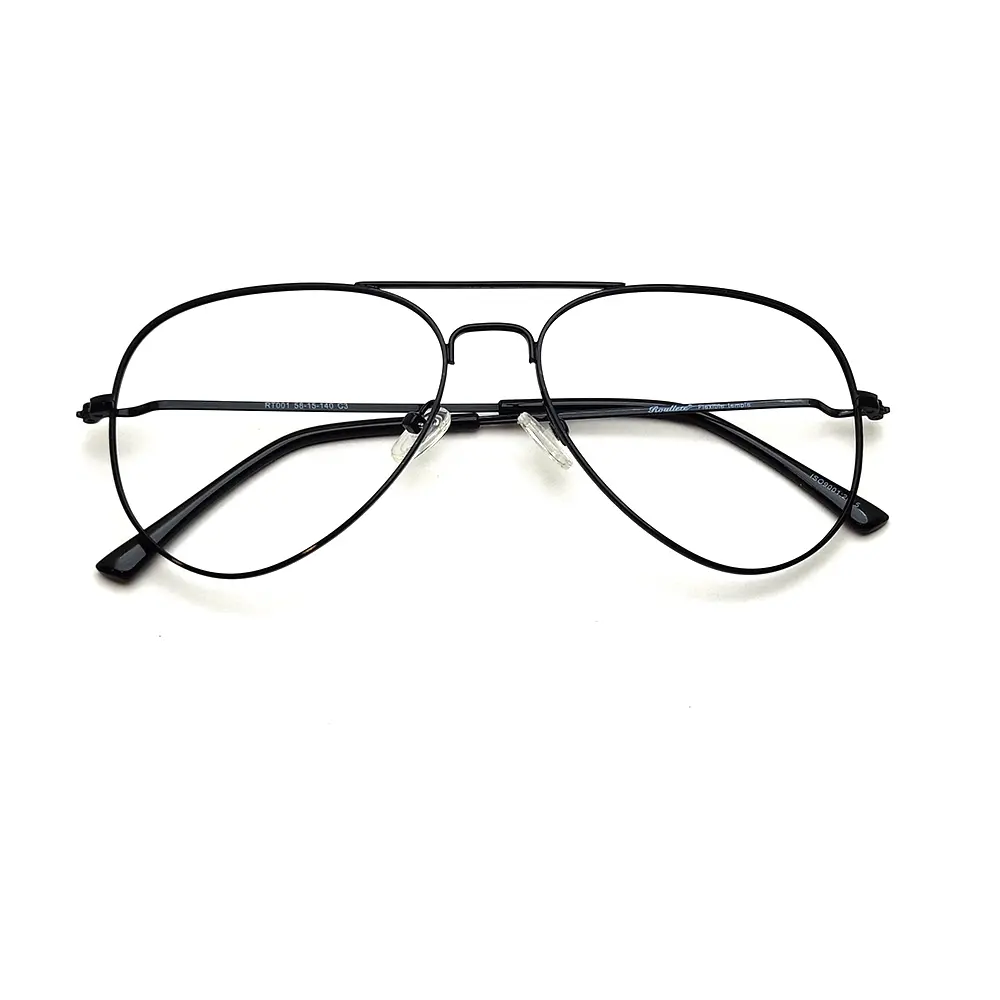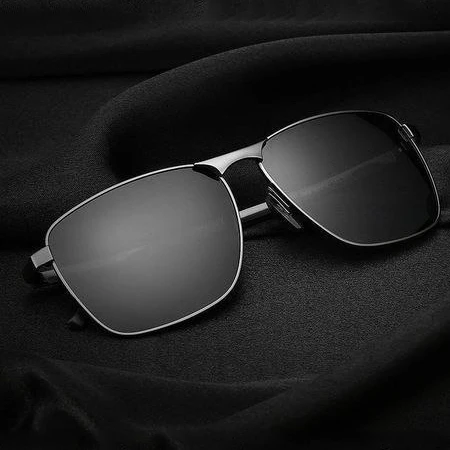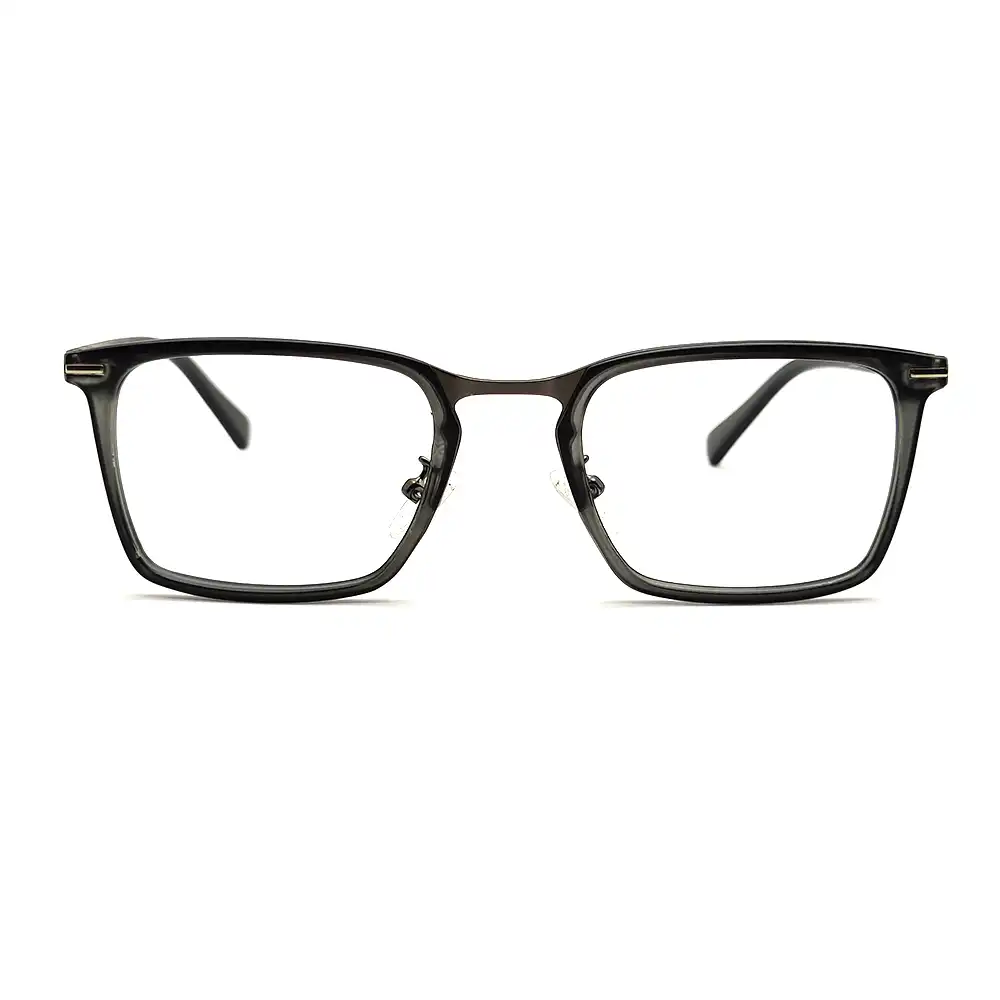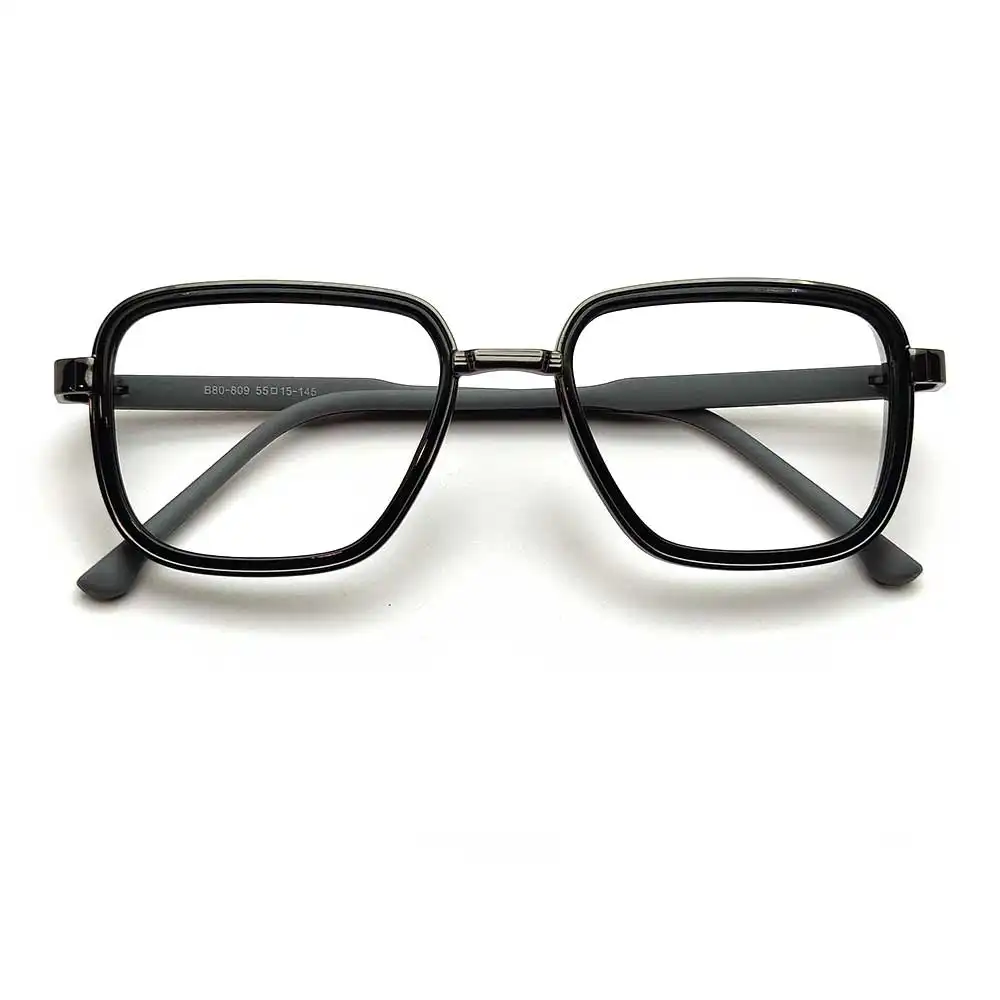eyeglasses
Difference Between Bifocal and Progressive Lenses : Which is Better?
Bifocal and Progressive Lenses: Choosing the right type of corrective lenses can feel like navigating a labyrinth, especially with the array of options available today. Among these, bifocal and progressive lenses stand out as popular choices for people experiencing presbyopia among other vision impairments. So, let’s dive deep into the differences between bifocal and progressive lenses to determine which is better suited for your needs.
What are Bifocal Lenses?
Bifocal lenses are a tale as old as time, or at least as old as Benjamin Franklin, who is often credited with their invention. These lenses are essentially divided into two distinct segments for seeing. The upper part is for distance vision, while the lower segment helps in reading or seeing objects up close. The Advantages of Bifocal Lenses include a clear demarcation between reading and distance vision zones, making them easy to adjust to. However, The Drawbacks are noticeable, especially the visible line between the two segments that can be cosmetically unappealing and the lack of correction for intermediate vision.
What are Progressive Lenses?
Enter progressive lenses, the modern solution to presbyopia, eliminating the abrupt line visible in bifocals. These lenses offer a smooth, gradual transition from distance correction on top to near correction at the bottom, with an intermediate area in between. Benefits of choosing progressive lenses are many, including the absence of a dividing line leading to better cosmetic appearance and a seamless transition between types of vision. Nevertheless, the Limitations include a period of adjustment to the lens and sometimes higher costs.
Comparing Bifocal and Progressive Lenses
When it comes down to it, Visual Differences between the two types of lenses are significant, with progressives offering a more “normal” looking lens. In terms of Cost, progressive lenses tend to be more expensive due to their complex design and manufacturing process. Suitability depends largely on personal preference, lifestyle, and visual needs.
Who Should Choose Bifocal Lenses?
Individuals looking for a cost-effective solution or those who have a significant distinction between their reading and distance vision prescriptions might find bifocals to be the perfect fit. They’re straightforward and have been a reliable choice for decades.
Who Should Opt for Progressive Lenses?
If you’re someone who values aesthetics and requires a wide range of vision correction from near to far, progressives might be the way to go. They’re especially suited for people who engage in activities requiring intermediate vision, like computer use.
The Verdict: Bifocal vs. Progressive Lenses
Deciding which lens is better largely depends on personal needs, lifestyle, and budget. While bifocals offer simplicity and cost-effectiveness, progressives win in terms of aesthetics and a more natural visual experience.
FAQs
1. How long does it take to adjust to progressive lenses?
It can take anywhere from a few days to a couple of weeks to fully acclimate to progressive lenses as your eyes and brain adapt to the gradation in prescriptions.
2. Can I switch from bifocal to progressive lenses easily?
Yes, many people switch from bifocal to progressive lenses. The adjustment period might vary, but it is a common transition.
3. Are progressive lenses more expensive than bifocal lenses?
Generally, yes. The technology and customization involved in progressive lenses typically make them more expensive than bifocals.
4. Do bifocal lenses have a visible line?
Yes, bifocal lenses have a visible line that separates the reading segment from the distance vision segment.
5. Is it difficult to find frames for progressive lenses?
No, most frames can accommodate progressive lenses. However, larger frames might be recommended to fully benefit from the graduated lens design.
Choosing between bifocal and progressive lenses boils down to weighing the pros and cons of each according to your vision needs, lifestyle, and budget constraints. Consult with an eye care professional who can help guide you to the ideal choice for your specific situation.
Follow us
























